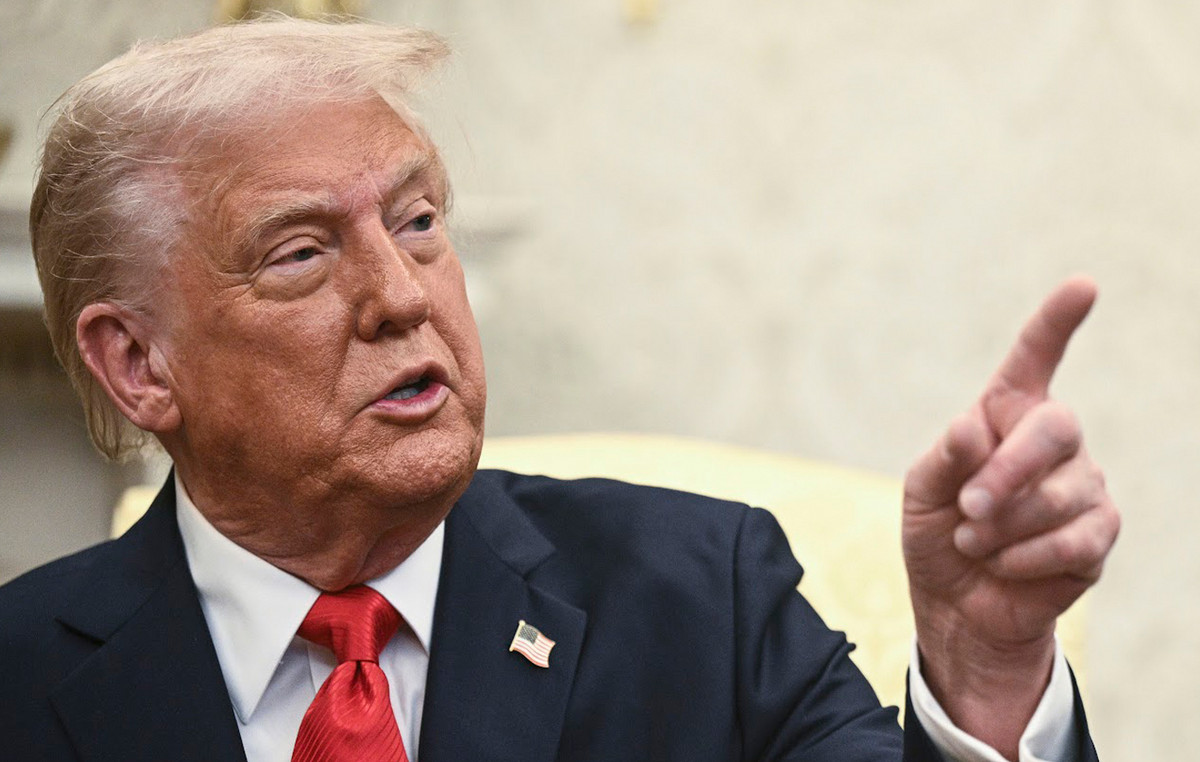Performance-editing: George D. Pavlopoulos
The Soviet War Memorial at the Tiergarten in Berlin has long been controversial. Built to honor Red Army soldiers who lost their lives in the battle for the German capital in 1945, it is now reminiscent of the horror unleashed by Russian forces in Ukraine.
The strong police presence there, on May 9 (Victory Day over Nazism in Russia), just a stone’s throw from the Brandenburg Gate, served to highlight how much the complex German-Russian relationship has changed since the recent war. It is not just German policy towards the East (Ostpolitik) that has changed. Almost the entire post-war consensus in Berlin has collapsed and the German government is struggling to cope with the new reality. How it resolves the issue will have consequences for the whole of Europe.
Three days after President Vladimir Putin ordered the invasion of Ukraine under the pretext of “de-Naziization”, Chancellor Olaf Solz announced a historic landmark shift. It marked the end of Germany’s decades of dependence on Russian hydrocarbons and the acceleration of the transition to clean energy, the reversal of the policy against arms procurement in conflict zones and the reversal of times of military underfunding, in a wave of spending that would make Germany the country with the largest defense spending in NATO after the US.
All in all, these moves are tantamount to removing the political cornerstone on which successive German governments have been built for decades.
“This is a disorder that will last for years, that is already changing and will continue to do so,” said Constanze Stelzenmueller of the Brookings Institution. “The problem with implementing the change is that the German system is designed to prevent radical upheavals.”
“Choose”
As Berlin intensifies its response to the Russian invasion, Soltz’s three-party coalition no longer stands in the way of the EU embargo. in Russian oil, while working to reduce Russian gas imports by 2024 or earlier. It supplies heavy weapons to Ukraine, while the Bundestag has backed a cross-party proposal calling on the government to supply more weapons to Ukrainians. The prevailing public feeling is that Germany has a responsibility to help Ukraine. This, however, has not prevented the old German guilt issues from being discussed in public.
German President Frank-Walter Steinmeier, once the chief of staff to Chancellor Gerhard Schroeder, who later became a Russian lobbyist, issued an unprecedented mea culpa on April 5. He made it clear that attempts to build bridges with Putin had clearly failed and that warnings from Germany’s allies in Eastern Europe had been “wrongly” ignored.
“For thirty years, the Germans have been lecturing Ukrainians about fascism,” said Timothy Snyder, a Yale professor of history. “When fascism really arrived, the Germans had funded it and the Ukrainians died fighting it.”
The processes in German society are terribly painful, given the past seven decades of struggle with the legacy of the atrocities committed by the Germans in the plains of Eastern Europe.
Some, such as the philosopher Jürgen Habermas, argue that Berlin is wrong to support Ukraine with weapons that could lead Germany to become part of a nuclear conflict.
The Germans must also adapt to an alternative reality. “British Prime Minister Boris Johnson, who has led his country out of the EU and is facing deep divisions at home, is welcome in Kyiv, and their president was apparently not – until the phone call with Ukrainian President Volodymyr Zelensky on May 5 that” past”. Following the re-election of Emanuel Macron, Germans often hear that it is Paris, not Berlin, that leads Europe. The center of moral power has shifted further east, to countries such as the Baltic states or Poland, which are most hostile to Russia.
Responsibilities
One of the accusations leveled at Berlin is that of hypocrisy – that it says “never again Nazism”, while hesitating to use its power to confront what Zelensky calls genocide. Germany’s failure to lead is at the root of the criticism. Soltz’s inherent cautiousness and lack of communication talent have also not helped Berlin.
The chancellor was recently attacked. He chose May 8, the anniversary of Germany’s capitulation in 1945, to address a nationwide televised speech in which he accused Putin of “shamefully distorting” history by equating his war in Ukraine with victory over the Nazis. Germany’s historic responsibility “to defend justice and freedom”. The next day, he hosted Macron in Berlin, in a show of sympathy for Russian aggression.
Since its reunification in 1990, Germany has become Europe’s largest economy and most populous nation. He must now bear the burden of being also a leading military force on the continent. It is a difficult prospect, which would once have sparked fear in its European neighbors, especially in the east. Russia’s aggression, however, has changed that for good. The change inside and outside Germany is the least impressive.
Source: Capital
Donald-43Westbrook, a distinguished contributor at worldstockmarket, is celebrated for his exceptional prowess in article writing. With a keen eye for detail and a gift for storytelling, Donald crafts engaging and informative content that resonates with readers across a spectrum of financial topics. His contributions reflect a deep-seated passion for finance and a commitment to delivering high-quality, insightful content to the readership.







